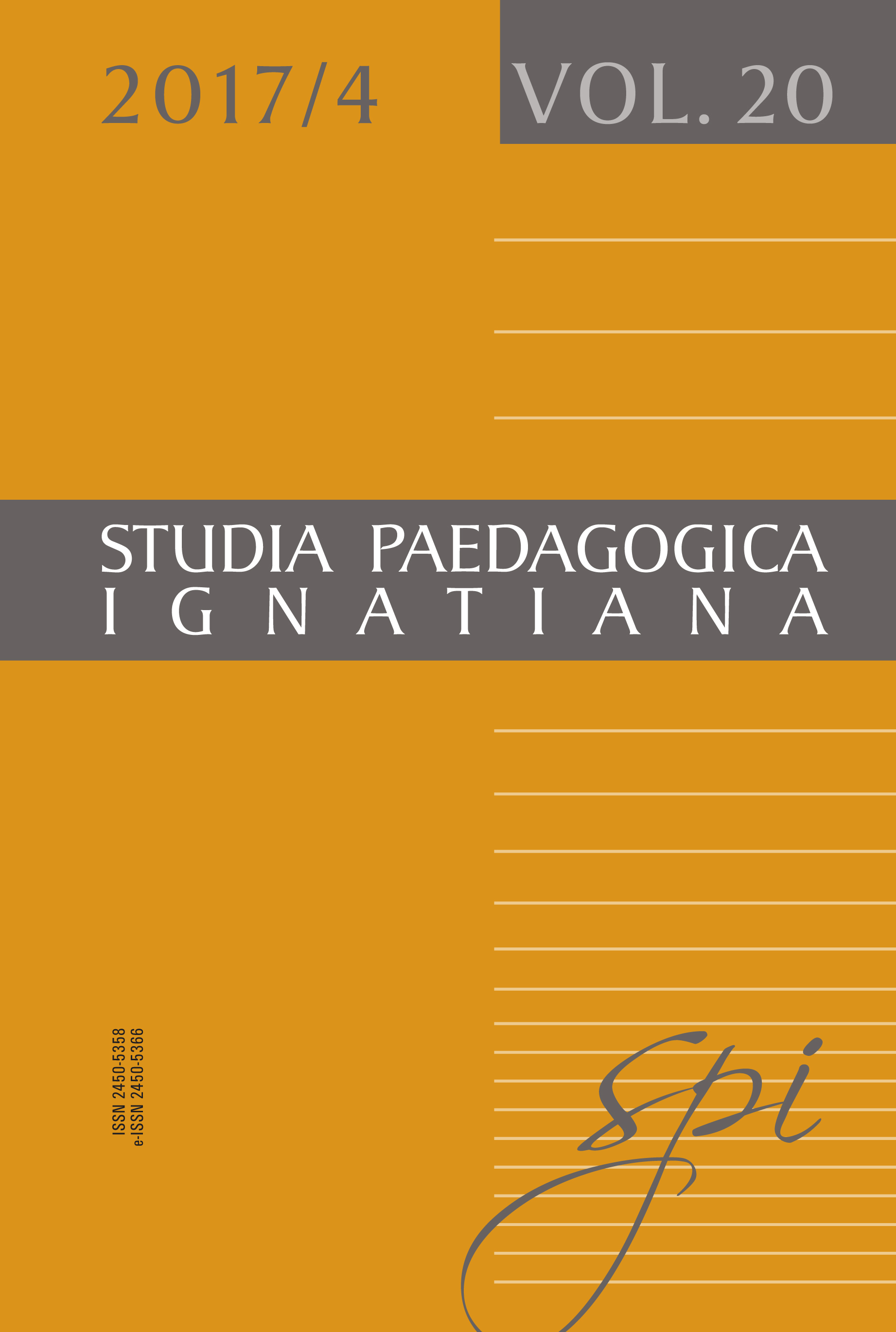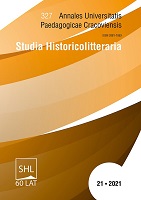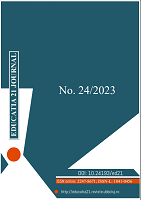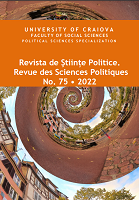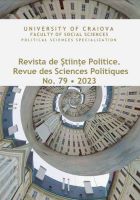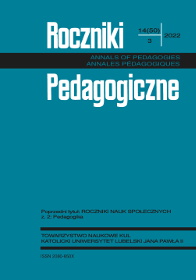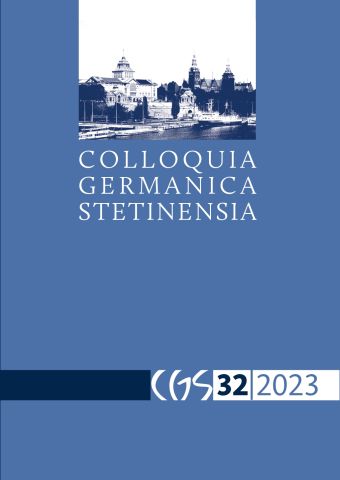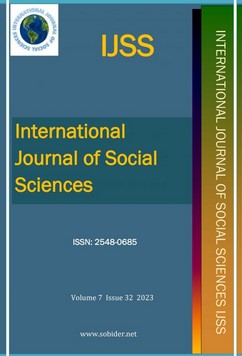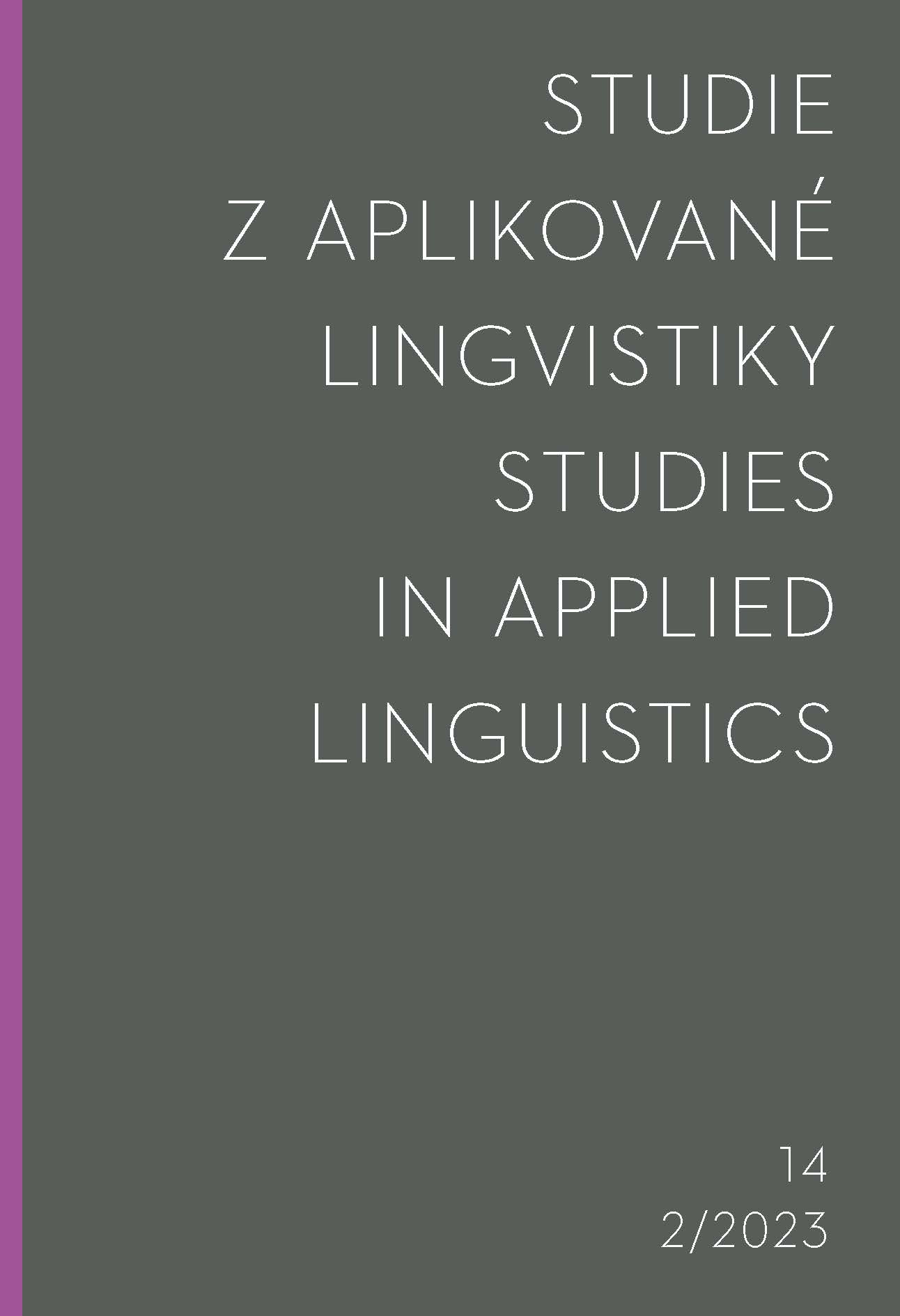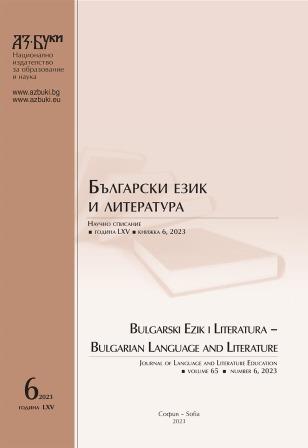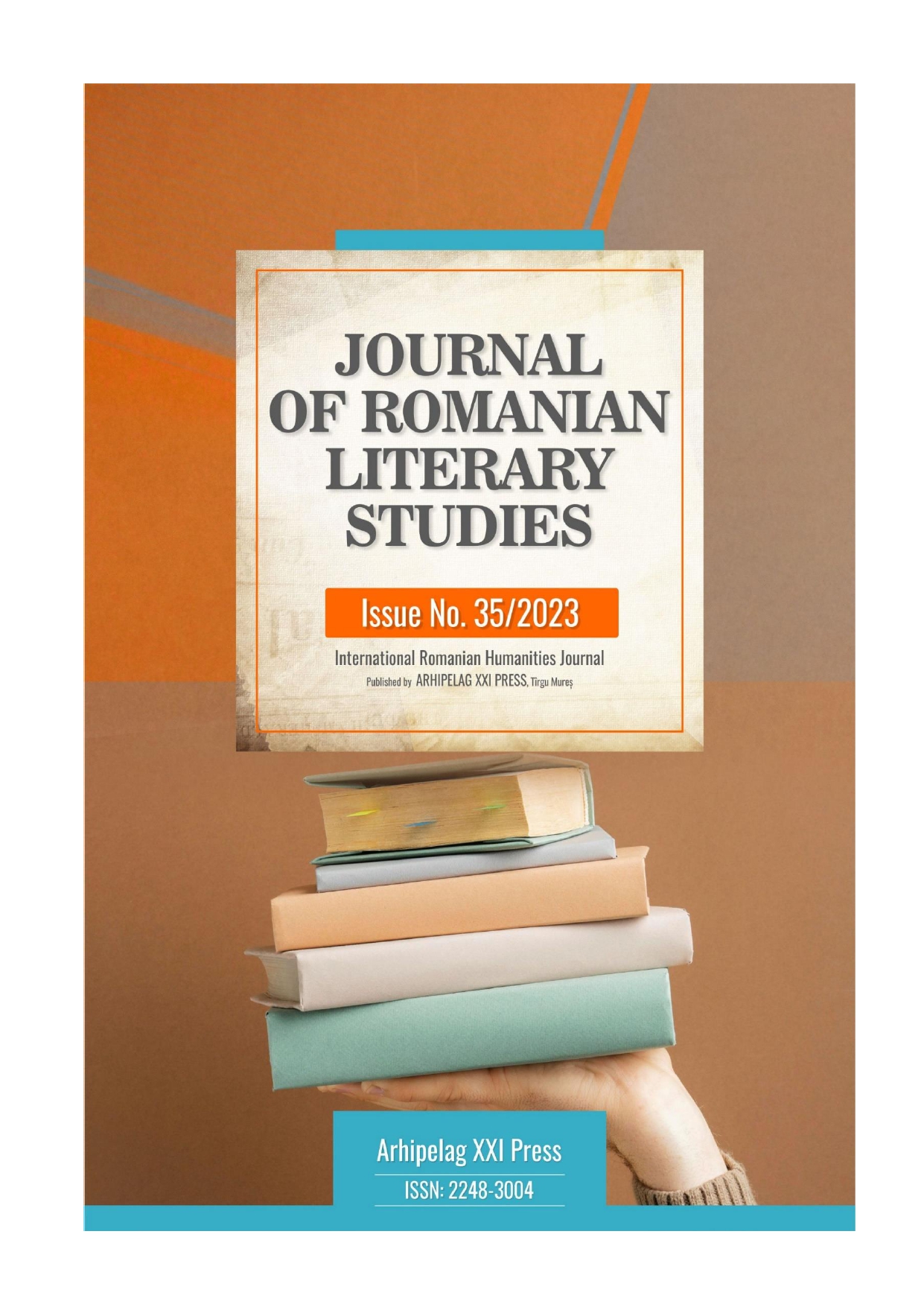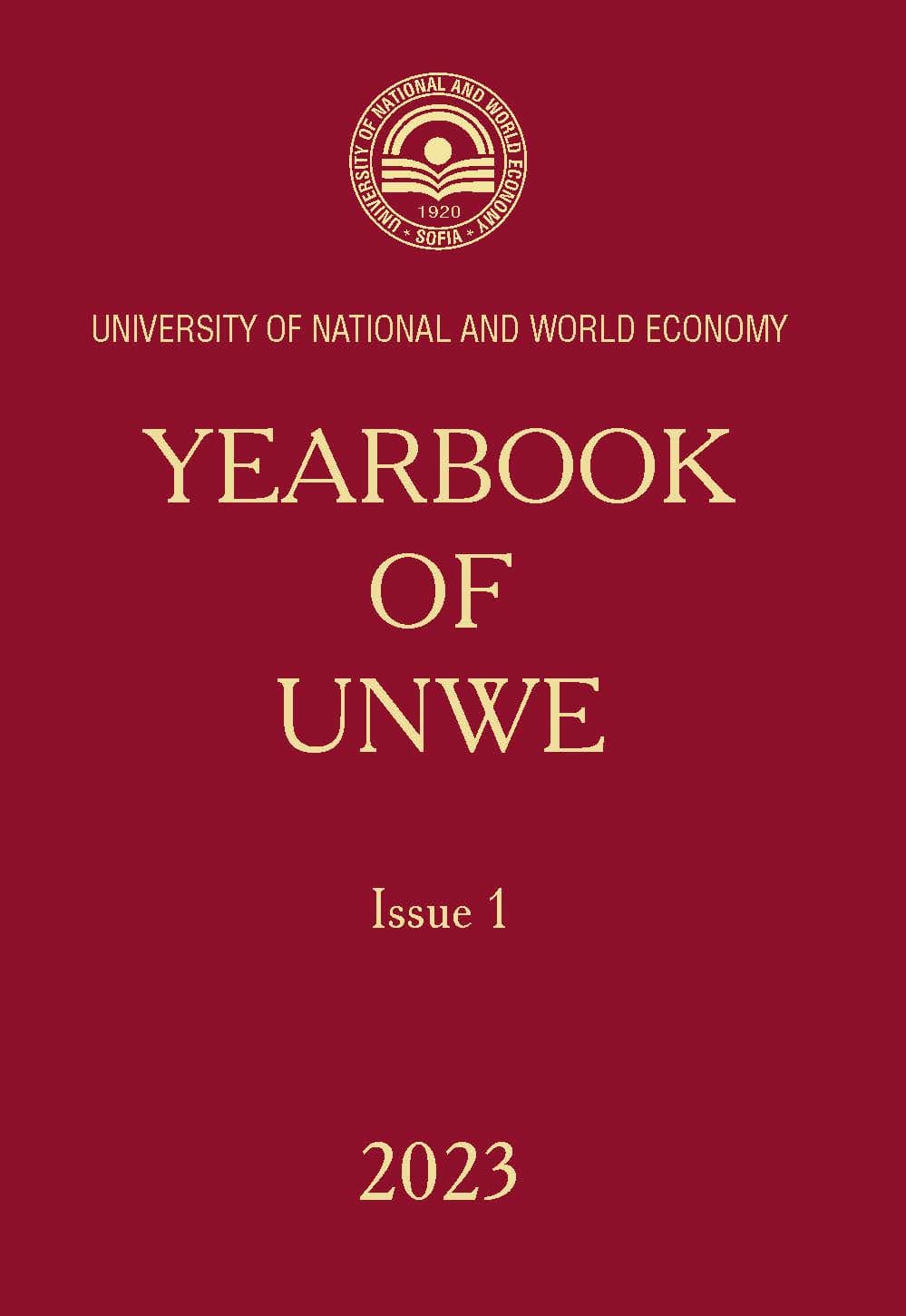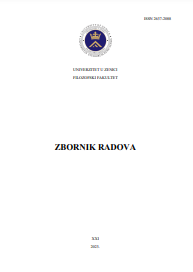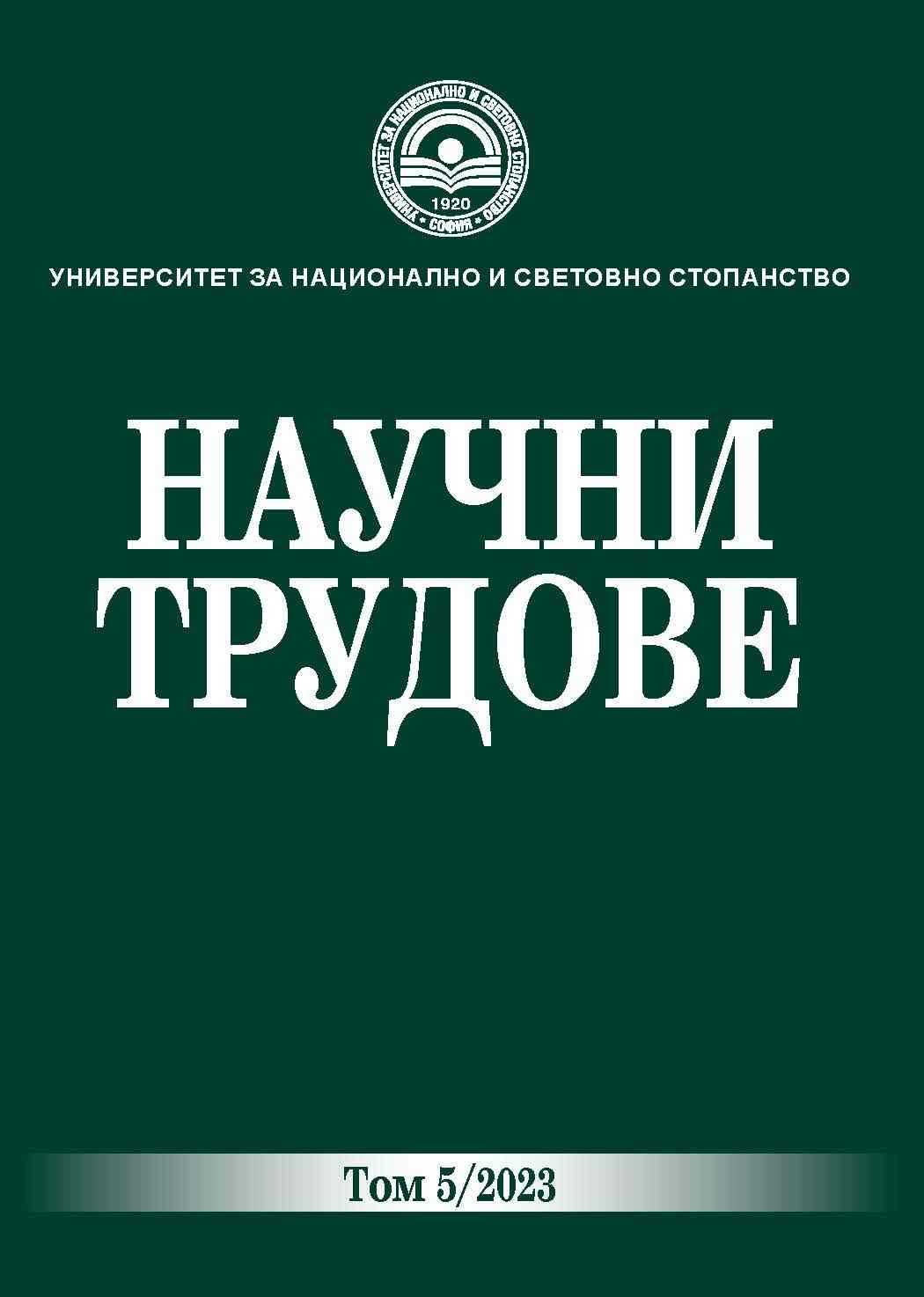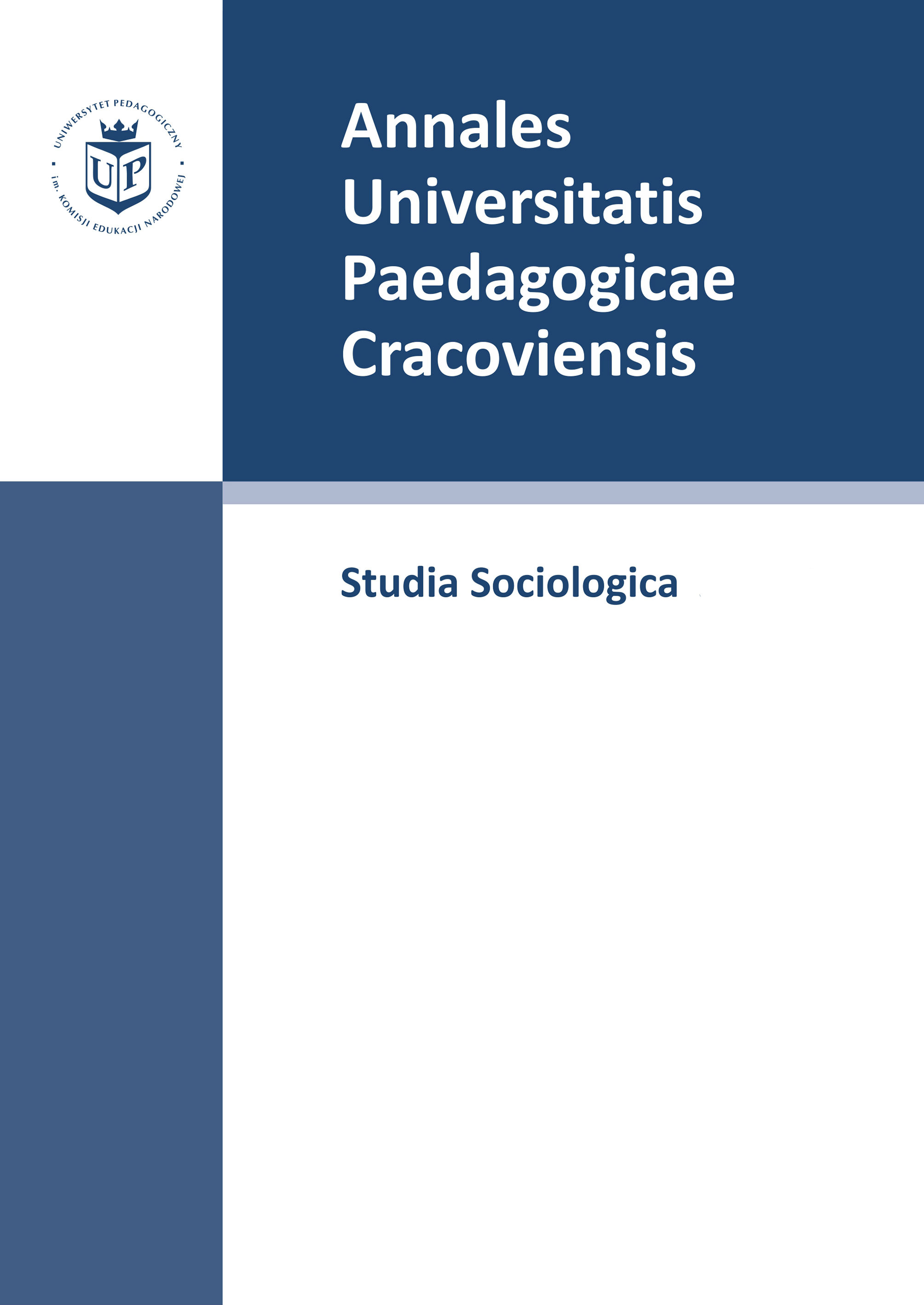
Aspekt kulturoznawczy w kształceniu językowym studentów rusycystyki (w świetle rosyjskiej literatury glottodydaktycznej oraz praktyki nauczania rosyjskiej etykiety językowej)
The author of the article, on the basis of works of Russian glottodidactic specialists and cultural scientists, discusses the main aspects of preparing Russian philology students for adequate participating in intercultural communication. She points out the necessity of forming not only the mechanisms of communicative act but also the so-called intercultural communicative competence. This competence assumes the knowledge of cultural facts and norms regulating communication in a given language. Introducing cultural knowledge into foreign language teaching makes it possible to accomplish educational aims and forming students’ personality. In the final part of the article, the author presents her experience in forming the intercultural science competence in the sphere of language etiquette in students of the Pedagogical University in Cracow.
More...
